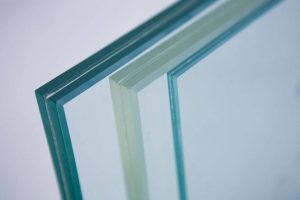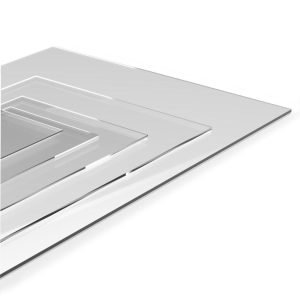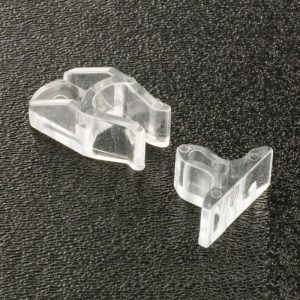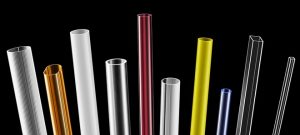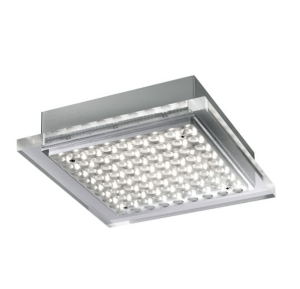Tempered Glass
Tempered glass offers superior durability, safety, and resistance to impact, making it ideal for applications where enhanced protection is required.
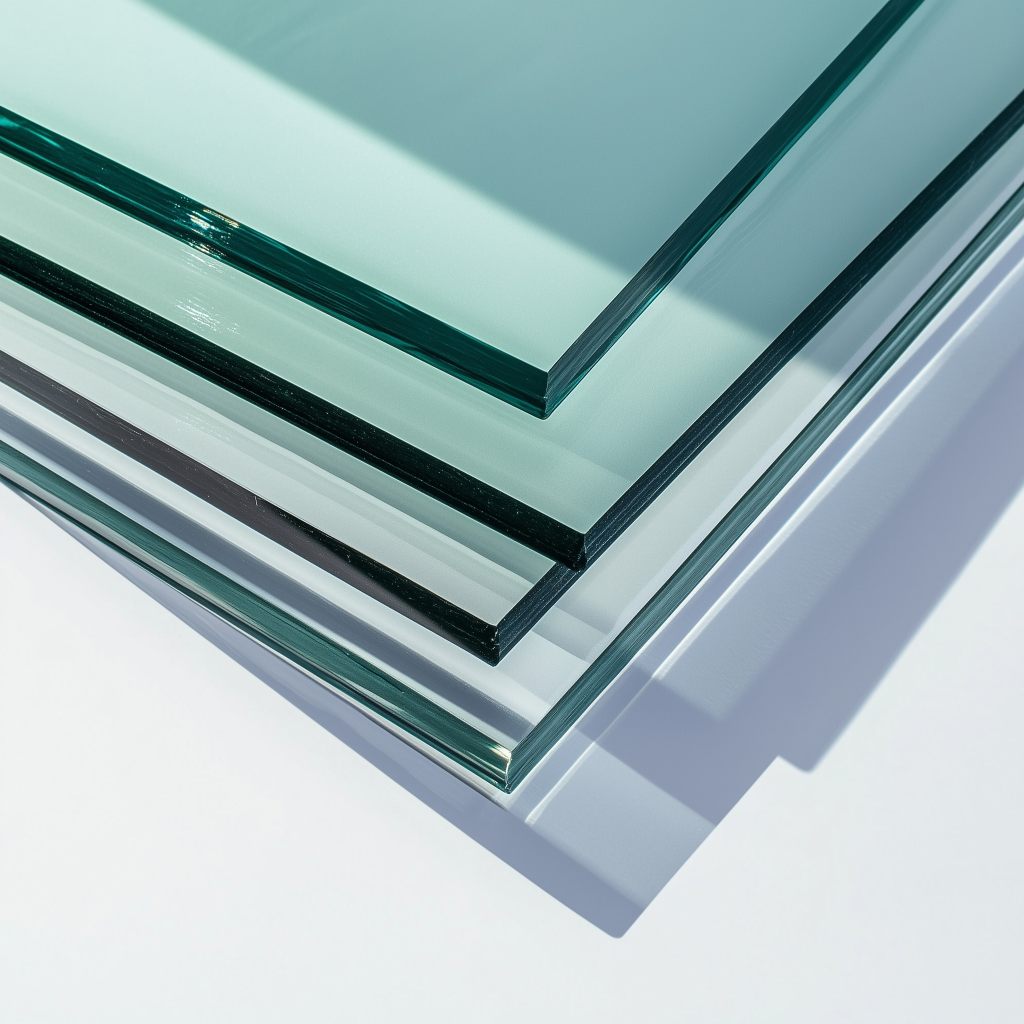
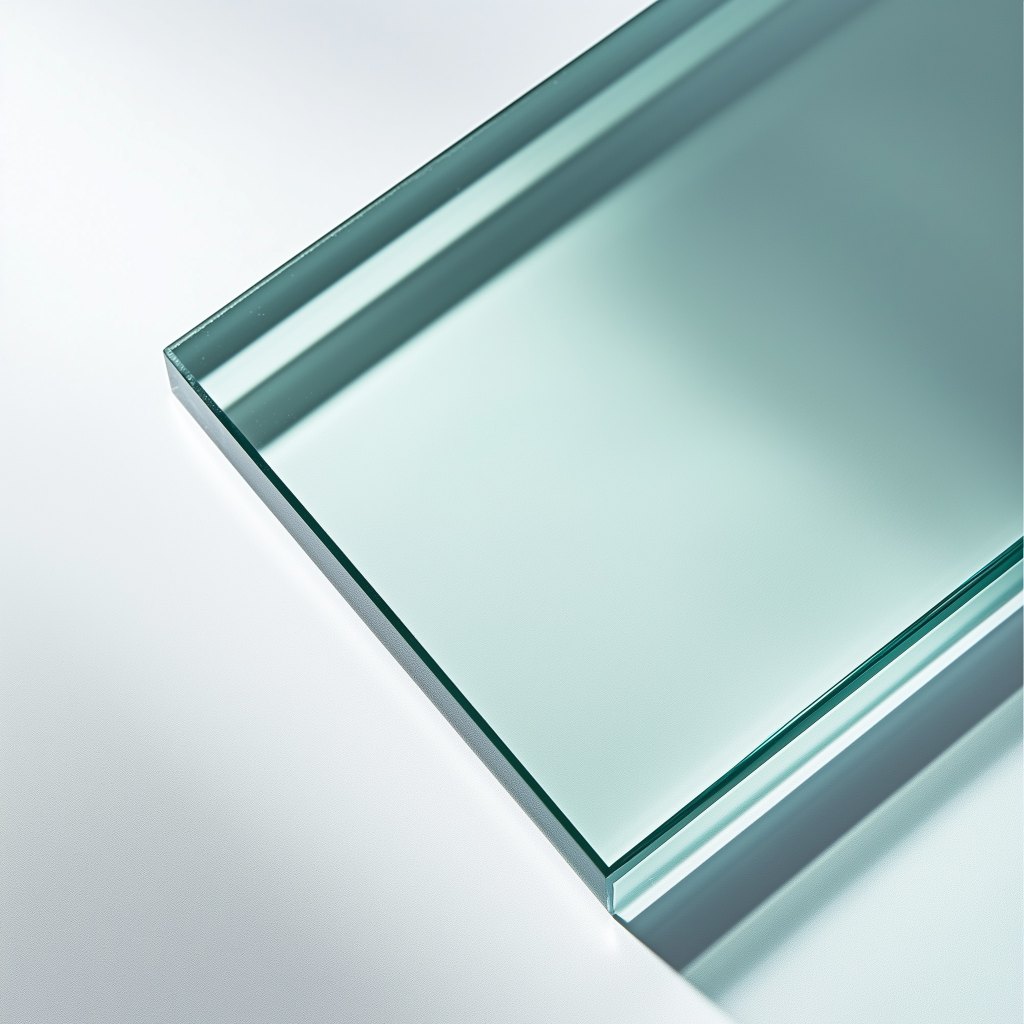
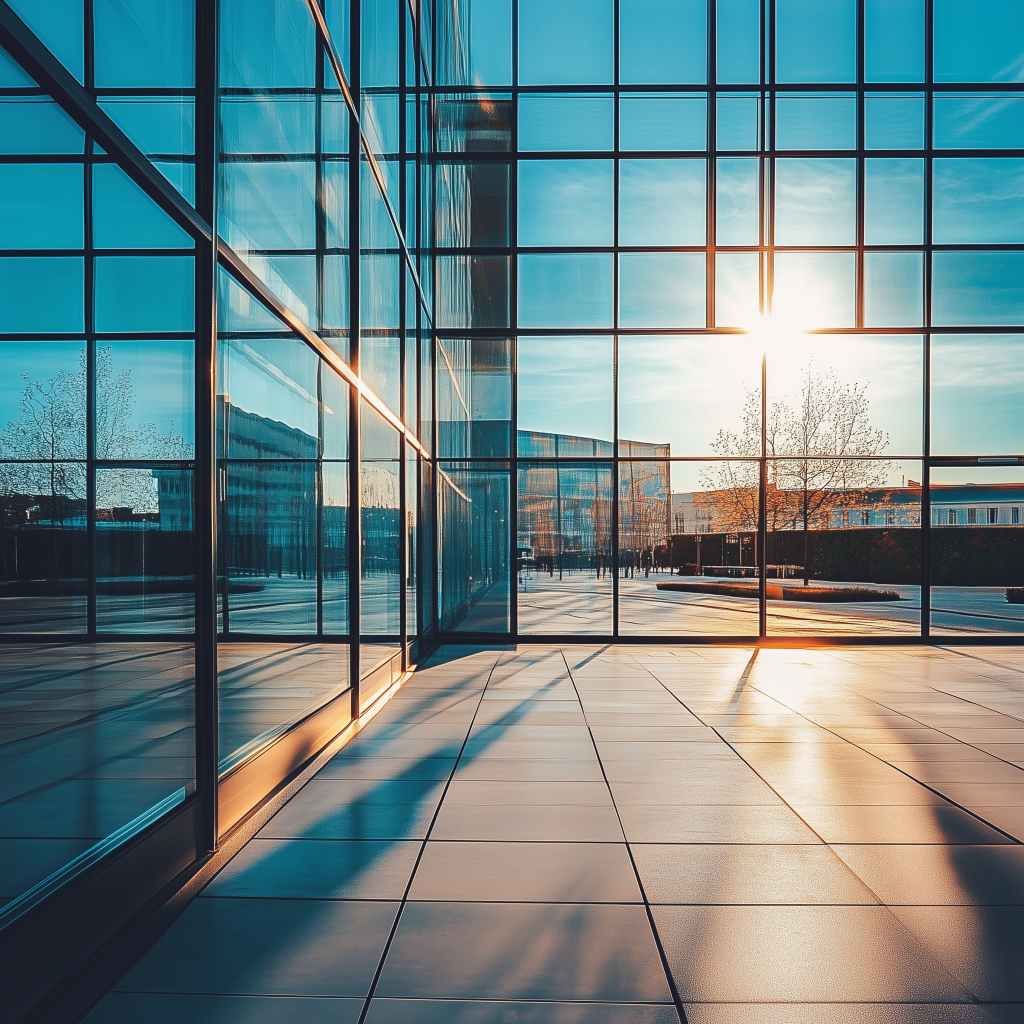
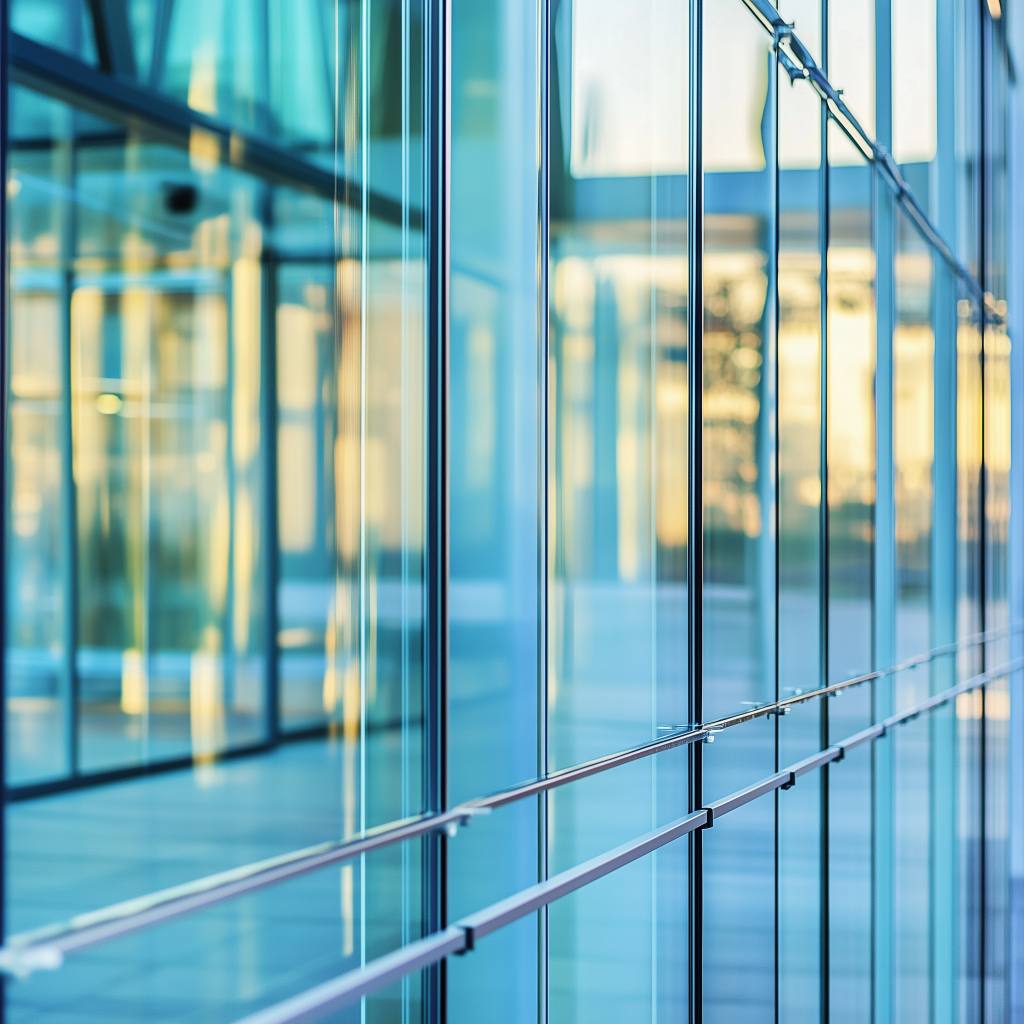

What is Tempered Glass?
Tempered glass is a type of safety glass that undergoes thermal or chemical treatments to improve its strength and durability. Compared to regular glass, tempered glass is 6-7 times more resistant to mechanical forces. In the event of breakage, it shatters into small, blunt pieces (4-6 mm) that reduce the risk of injury. This makes it a top choice for buildings and installations where safety is paramount. Tempered glass is typically used in construction, automotive industries, and public spaces to meet strict safety standards.
Applications of Tempered Glass
Tempered glass is widely used across several industries due to its robustness and ability to withstand external pressures, making it suitable for both residential and commercial use.
Construction and Architecture
In modern construction, tempered glass is extensively used for windows, doors, facades, and roofing systems. Its high resistance to breakage and enhanced safety features make it an ideal material for high-traffic areas or environments with potential for impact. For roofing applications, laminated and tempered glass units are often combined to provide increased structural integrity and better snow load support.
Automotive Industry
Tempered glass is also a crucial material in the automotive industry, particularly for car windows and sunroofs. Its ability to withstand shocks and temperature changes ensures the safety of passengers, while its shatter-resistant properties reduce the risk of injury in accidents.
Public and Commercial Buildings
Public buildings, including shopping malls, airports, and hospitals, benefit from the security provided by tempered glass. In spaces where there is a higher risk of vandalism or accidental damage, tempered glass minimizes injury risks, ensuring the safety of visitors and employees alike.
Key Features of Tempered Glass
Tempered glass stands out due to its array of beneficial features, making it the preferred choice for a variety of demanding applications.
Durability and Strength
Tempered glass is highly durable, boasting a strength that is up to 7 times greater than standard glass. This characteristic ensures that it can withstand significant impact, making it ideal for both indoor and outdoor applications.
Enhanced Safety
In case of breakage, tempered glass shatters into small, harmless pieces, reducing the likelihood of injury. This feature makes it an excellent option for public spaces and environments where safety is a priority.
Heat Resistance
Tempered glass can withstand high temperatures, making it suitable for use in areas exposed to extreme heat, such as rooftops or industrial settings. It is processed through a controlled thermal treatment, which enhances its ability to resist temperature fluctuations.
Versatility
Tempered glass is available in various shapes, sizes, and thicknesses, making it versatile enough to meet a wide range of design and functional requirements. Whether it’s used in windows, doors, or skylights, tempered glass can be customized to suit any project.
Cost-Effective Long-Term Investment
Although tempered glass can be 2-3 times more expensive than regular glass, its enhanced durability and safety features make it a cost-effective investment for projects requiring high safety standards.
You may also be interested
Need help? Contact us
For personalized assistance or inquiries, our dedicated team is here to help. We’re committed to providing you with exceptional support and guidance, ensuring that all your needs are met efficiently and professionally.
